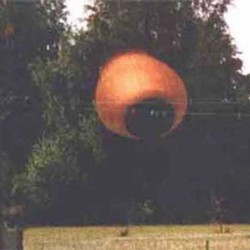The dingy corridors and gloomy wards of a long-abandoned Saudi Arabian hospital have drawn hundreds of amateur ghost hunters who believe it to be haunted by jinn, the malevolent spirits of the Koran and Arabian mythology.

The macabre fascination with Riyadh’s Irqa Hospital, which treated Gulf War combatants in 1991, began with tweeted rumours and escalated to the point where hundreds of youths broke into the grounds, smashing windows and starting fires.
Unlike in the Western tradition of ghosts, jinn are not the lost souls of the dead but beings who lead parallel lives to humans, whom they sometimes tempt into sinful ways.
Jinn or genies are supernatural creatures as mentioned in the Qur’an and often referred to in Arab folklore and Islamic mythology that occupy a parallel world to that of mankind. Together, jinn, humans and angels make up the three sentient creations of Allah. Religious sources say barely anything about them; however, the Qur’an mentions that Jinn are made of smokeless flame or “scorching fire”. Like human beings, the Jinn can be good, evil, or neutrally benevolent.
The jinn are mentioned frequently in the Qur’an, and there is a surah entitled Sūrat al-Jinn in the Qur’an. It is in the 72nd chapter of the Qur’an. In many modern cultures, a Genie is portrayed as a magical being that grants wishes. The earliest of such Jinn stories in folklore originate in the book of the One Thousand and One Nights.













